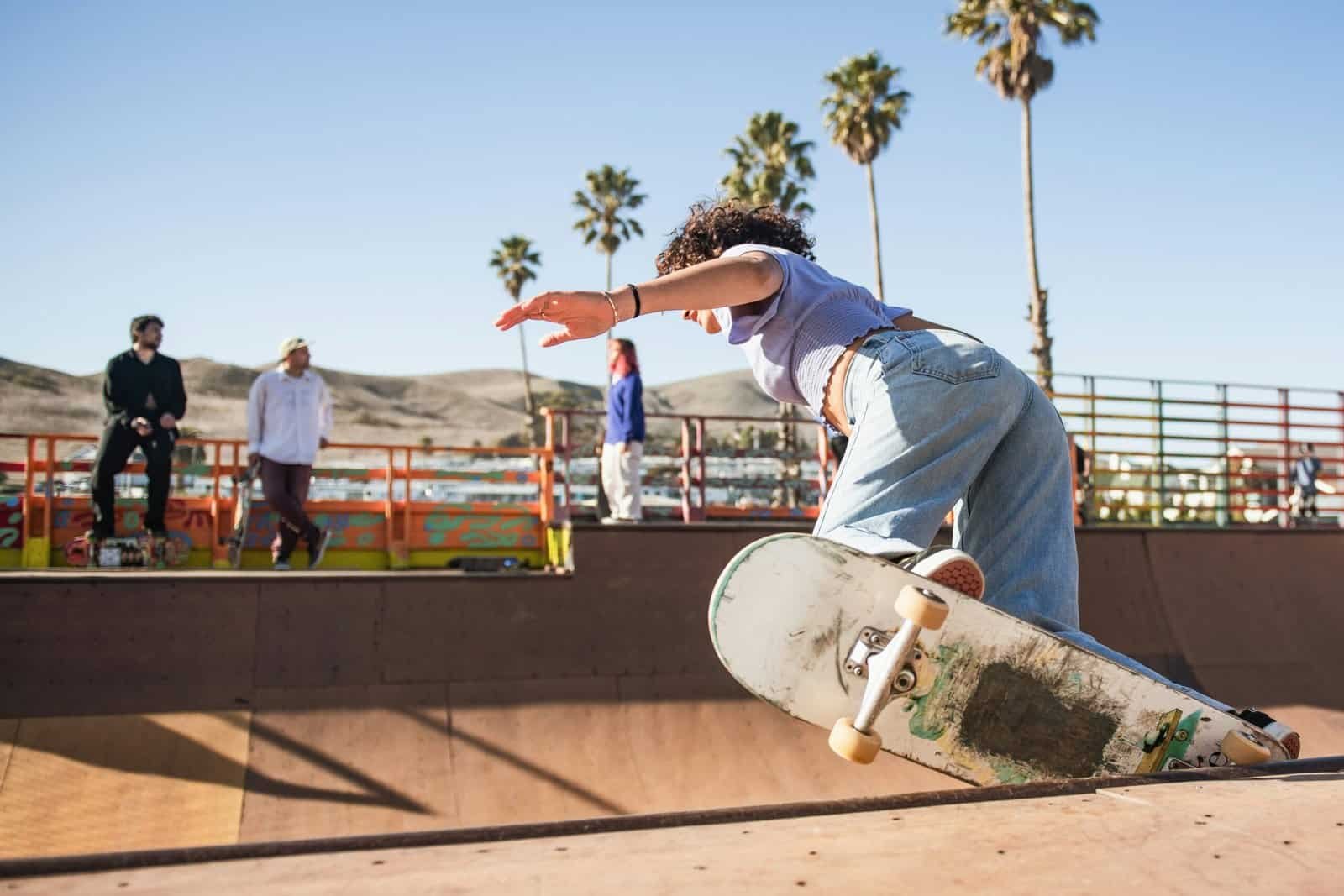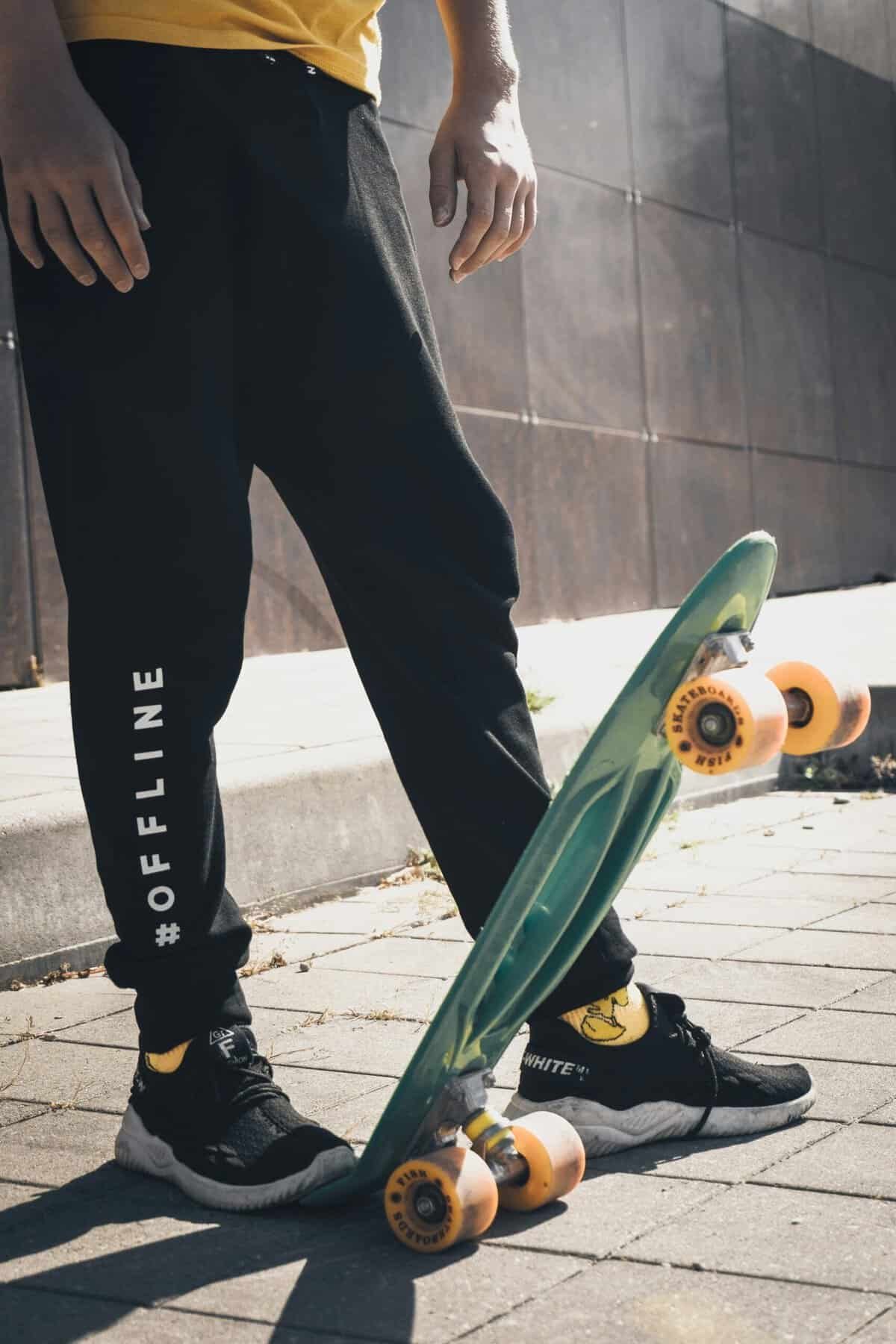Have you ever wondered how some people glide so effortlessly across a skateboard, maintaining perfect balance as if it’s second nature? Achieving and maintaining balance on a skateboard is not just about looking cool; it’s a fundamental skill that enhances your overall skateboarding experience. Whether you are a beginner trying to master the basics or an experienced rider seeking to refine your skills, understanding how to improve balance on a skateboard can elevate your performance and boost your confidence.
Understanding the Importance of Balance in Skateboarding
Balance is the cornerstone of skateboarding. It affects everything from how you stand to how you perform tricks and navigate various terrains. Without good balance, it’s challenging to control the skateboard, making rides unpredictable and increasing the risk of falls and injuries. Ensuring you have a solid foundation of balance will help you enjoy the sport and make progress much faster.
What is Balance?
Balance involves your ability to maintain an equilibrium, allowing you to stay upright and control your movements. It’s a combination of your body’s ability to move and adjust according to external forces, as well as your ability to predict and react to these forces effectively.
Why is Balance Crucial for Skateboarding?
In skateboarding, balance plays a critical role in helping you stay stable while moving. It allows you to shift your weight appropriately during maneuvers and develop the muscle memory needed for more advanced tricks. Good balance improves your response to sudden changes, like encountering unexpected bumps or needing to pivot quickly.
Getting Started with Basic Balance Techniques
If you’re just starting out, laying a strong foundation is crucial. The following sections cover some fundamental techniques you can practice to strengthen your balance on a skateboard.
Finding the Right Stance
Your stance is how you stand on the skateboard, and it significantly influences your balance. You can choose between a regular stance (left foot forward) or a goofy stance (right foot forward) based on what feels more comfortable. Experiment with both to determine which works best for you.
Practicing Weight Distribution
Once you’ve determined your stance, focus on how your weight is distributed across your feet. Generally, you should evenly distribute your weight between both feet, with a slight bias on the balls of your feet for better control and movement. Practice shifting your weight gently back and forth to get the feel for movement while maintaining your balance.

Exercises to Enhance Your Balance
Improving your balance on a skateboard involves more than just practice on the board; it requires developing core strength and body awareness. There are several exercises you can do off the board to help with this.
Core Strengthening Exercises
A strong core forms the foundation for good balance. Exercises such as planks, Russian twists, and bicycle crunches target your core muscles, enhancing your stability when on the skateboard.
| Exercise | Description |
|---|---|
| Planks | Keep your body in a straight line while propped on your forearms and toes. |
| Russian Twists | Sit on the ground with your knees bent, leaning back slightly. Rotate your torso side-to-side while holding a weight. |
| Bicycle Crunches | Lie on your back with knees raised. Alternate bringing elbows to opposite knees in a pedaling motion. |
Balance Board Training
Using a balance board is an effective way to simulate the feeling of a skateboard while you improve your balance. Stand on a balance board and try to maintain an even posture. This builds the muscle responses crucial for skateboarding.
Transitioning Balance Techniques to the Skateboard
Once you’ve honed your balance through exercises and stance practice, it’s time to apply these techniques on your skateboard.
Start with Stationary Practice
Begin by standing still on your skateboard. Focus on maintaining an upright posture while keeping your knees slightly bent. Use your arms to help you balance, holding them out loosely to your sides. This stationary practice helps your body acclimate to the feeling of standing on a moving board without the added challenge of motion.
Gradual Movements
Once you’re comfortable standing still, start with small pushes, using one foot to propel yourself forward while keeping the other on the board. Practice riding slowly, gradually increasing your speed as you become more confident. Maintaining your center of gravity is essential during these drills.

Common Challenges and How to Overcome Them
Even with the right techniques and exercises, improving your balance on a skateboard can come with its challenges. Here’s how to address some common issues you might face.
Dealing with Fear of Falling
Fear of falling is a natural concern, but it can hinder your progress. Wearing protective gear is a practical solution that can alleviate some of this anxiety. Start with simple techniques and practice in a safe environment. Over time, your confidence will build, and the fear will diminish.
Consistency and Practice
Improvement takes time, and consistency is key. Dedicate regular time to practice your balance techniques, both off and on the skateboard. It’s perfectly normal to face plateaus, but with perseverance, you’ll see progress.
Advanced Tips for Enhanced Balance
For those who have mastered the basics and are looking to refine their balance further, these advanced tips can help.
Embracing Different Terrains
Once you are confident on smooth surfaces, challenge yourself with different terrains. Riding on grass, for instance, introduces more friction, helping you gain a feel for different textures and resistances. This adaptability improves your overall balance skills.
Learning to Fall Safely
No matter how skilled you become, falls are an inevitable part of skateboarding. Learning how to fall safely minimizes injury risk. Practice rolling safely on a softer surface, using your arms to cushion the fall. Anticipating and controlling your falls also helps you recover more quickly and maintain balance moving forward.

Conclusion: Balance is a Journey
In the journey to improve your balance on a skateboard, remember that balance is both physical and mental. It requires patience, practice, and a positive mindset. With consistent effort and the tips outlined in this article, you’ll find yourself becoming a more confident and proficient skateboarder.
Through understanding the importance of balance, performing targeted exercises, and dealing with challenges strategically, you’ll achieve not only better skateboarding skills but also a greater appreciation for the art of balance. Enjoy every step of this learning process and celebrate each milestone along the way!
